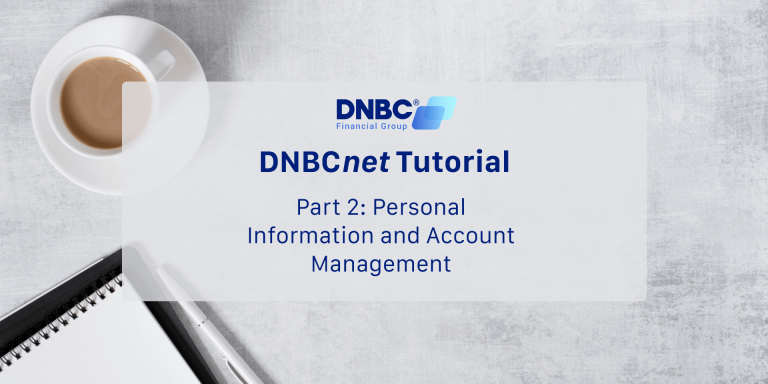If you are planning to travel abroad, international currency exchange can be the first consideration. You will need to know how to exchange your money for the local currency.
Depending on where you go and how you pay, you may need to deal with different exchange rates, fees, and availability of foreign currency.
This article will focus on explaining what international currency exchange is, how it works, and how to find the best options for your needs.
What is international currency exchange?
International currency exchange is the process of converting one currency into another at a certain rate.
For example, if you want to buy something in euros with your US dollars, you need to exchange your Dollars for Euros at a rate that reflects the value of each currency in the global market.
The rate can change depending on various factors, such as supply and demand, inflation, interest rates, political stability, and economic performance.
There are two types of exchange rates: the official rate and the market rate. The official rate is the one set by the government or the central bank of a country, and it is usually used for official transactions, such as taxes, imports, and exports.
The market rate is the one determined by the forces of supply and demand in the foreign exchange market, and it is usually used for private transactions, such as tourism, trade, and investment.
The market rate can vary depending on where and when you exchange your money, and it can be higher or lower than the official rate.
Understanding International Currency Exchange
How to find an international currency exchange near me?
Here are some tips on how to find an international currency exchange near you.
One of the easiest ways to find a currency exchange near you is to use online tools like Currency Converter by DNBC Financial Group. You can check the current rates for any currency pair and get live conversion immediately.
At DNBC Financial Group, they provide a comprehensive list of worldwide currency symbols that represent monetary value, including the widely recognized dollar sign “$,” pound sign “£,” and Euro sign “€.” They are constantly updating this list and value user feedback to ensure its accuracy and completeness.
Another option is to visit your bank or credit union and ask if they offer foreign currency exchange services. Many banks and credit unions do, but not all of them. You may need to call ahead and order the currency you need in advance, as they may not have it in stock.
Banks and credit unions usually have lower fees and more favorable rates than other places, so they are a good option if you want to save money.
However, if you need cash urgently or your bank does not offer the service, you can also look for currency exchange offices and kiosks near you. These are usually located in airports, hotels, resorts, shopping malls, or tourist areas.
They are convenient and easy to find, but they may charge higher fees and offer poorer rates than banks or online providers. You should always compare the rates and fees before exchanging your money at these places.
To find a currency exchange near you, you can use your phone’s location services and do a search online for “currency exchange near me”. You will get a list of results with different locations and their contact information. You can also use online maps or directories to find nearby places that offer the service.
Before you exchange your money, make sure you know how much you need, what the current exchange rate is, and what fees are involved. You should also check the reputation and security of the provider you choose, especially if you are sending money online. Always keep your receipts and transaction details for future reference.
Finding an international currency exchange near you is not difficult if you know where to look and what to look for. By following these tips, you can get the best deal for your money and enjoy your trip or transaction without any hassle.
What banks that exchange foreign currency for free?
Most banks have foreign currency exchange services, and they will often exchange it for free, especially if you’re a customer. Typically, these are larger banks, not local banks or small branches.
You may be able to get foreign currency in cash at your local bank branch, or you can order currency online or by phone to be delivered to your home.
Depending on your bank, where you live and which country’s currency you need, some currencies may be available for same-day exchange.
Your bank or credit union will almost always be the best place to exchange currency (and the cheapest). They usually have reasonable exchange rates and the lowest fees.
Some banks may charge a fee if you exchange less than a certain amount. For instance, Bank of America customers can exchange foreign currencies for free if they order more than $1,000 worth of currency.
If you’re abroad, use your bank’s ATM network to withdraw cash in the local currency with competitive exchange rates and low fees (1% to 3%). Avoid out-of-network ATMs and airport kiosks or stores that have poor exchange rates and high fees.
DNBC Financial Group is your trusted provider in international money transfer
- Get 100% free 1-on-1 support
- 100% free account opening
- Seamless onboarding process
Or please contact DNBC
Email: [email protected]
Phone Number:
- +65 6572 8885 (Office)
- +1 604 227 7007 (Hotline Canada)
- +65 8442 3474 (WhatsApp)



 DNBC Team
DNBC Team







